How Long To Solar Panels Last?
Solar panels have become an increasingly popular choice for homeowners and businesses looking to reduce their carbon footprint and save on energy costs. However, one of the most common questions that potential solar panel users have is: "How long do solar panels last?" Understanding the lifespan of solar panels is crucial for making an informed investment. In this article, we will delve into the factors that affect the longevity of solar panels, the typical lifespan you can expect, and how to maximize their efficiency over time.
Understanding Solar Panel Lifespan
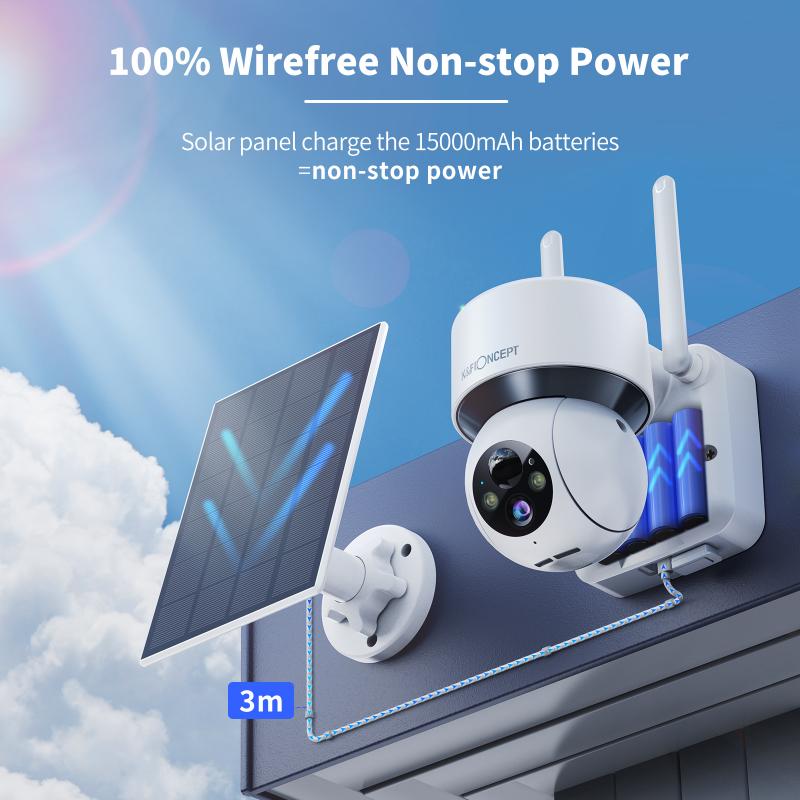
Typical Lifespan

The average lifespan of solar panels is generally around 25 to 30 years. This does not mean that the panels will stop producing electricity after this period, but rather that their efficiency will have decreased to a point where they may no longer be as cost-effective. Most manufacturers offer a performance warranty of 25 years, guaranteeing that the panels will produce a certain percentage of their original output by the end of this period, usually around 80-85%.
Factors Affecting Longevity
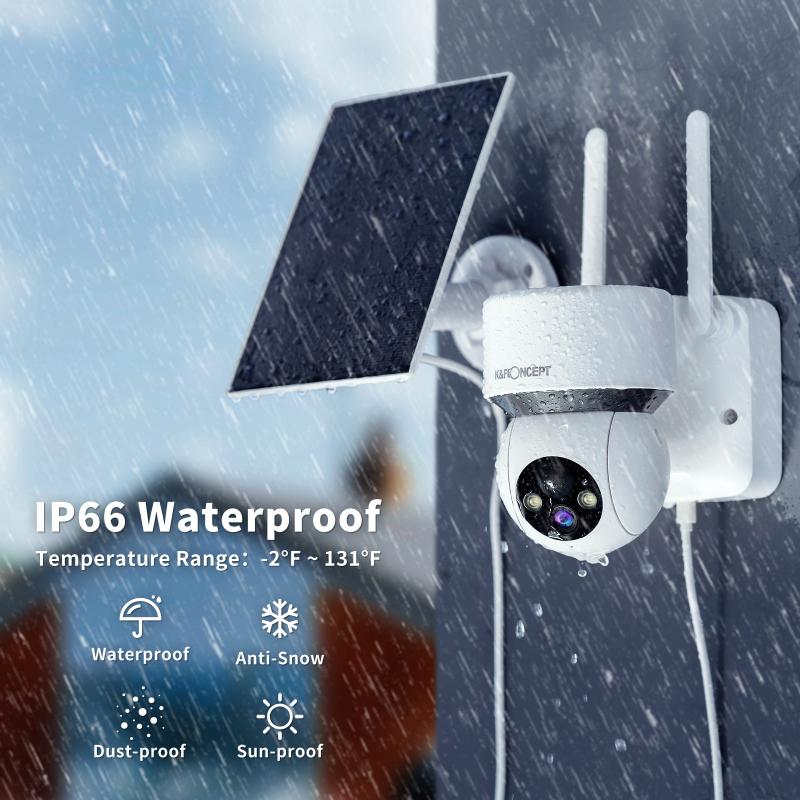
Several factors can influence the lifespan of solar panels:
1. Quality of Materials: Higher quality panels made from superior materials tend to last longer. Monocrystalline panels, for example, are generally more durable than polycrystalline panels.
2. Installation: Proper installation is crucial for the longevity of solar panels. Poor installation can lead to issues such as water ingress, which can damage the panels over time.
3. Climate: Panels in areas with extreme weather conditions, such as heavy snowfall, high winds, or frequent hail, may experience more wear and tear.
4. Maintenance: Regular maintenance, including cleaning and inspections, can help extend the life of your solar panels.
5. Technological Advancements: Newer panels often come with improved technology that can enhance their durability and efficiency.
Maximizing the Lifespan of Solar Panels
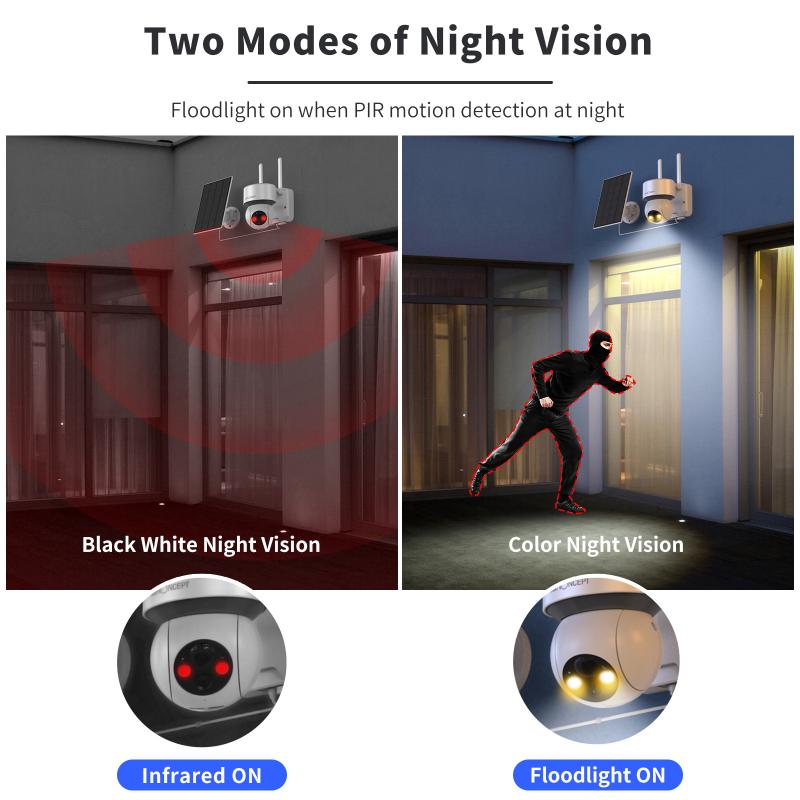
Regular Maintenance
One of the most effective ways to ensure your solar panels last as long as possible is through regular maintenance. This includes:
- Cleaning: Dust, dirt, and debris can accumulate on the surface of the panels, reducing their efficiency. Regular cleaning can help maintain optimal performance.
- Inspections: Periodic inspections by a professional can identify potential issues before they become major problems. This includes checking for cracks, loose connections, and other signs of wear and tear.
Proper Installation
Ensuring that your solar panels are installed correctly is crucial for their longevity. This involves:
- Choosing a Reputable Installer: Work with a certified and experienced installer to ensure that the panels are set up correctly.
- Optimal Placement: Panels should be placed in a location that maximizes sun exposure while minimizing the risk of damage from environmental factors.
Monitoring Performance
Many modern solar panel systems come with monitoring software that allows you to track their performance in real-time. This can help you identify any drops in efficiency that may indicate a problem, allowing you to address it promptly.
The Role of Warranties
Warranties play a significant role in the overall value and longevity of your solar panel investment. There are generally two types of warranties to consider:
1. Performance Warranty: This guarantees that the panels will produce a certain percentage of their original output over a specified period, usually 25 years.
2. Product Warranty: This covers defects in materials and workmanship, typically for 10-12 years.
Understanding the terms and conditions of these warranties can help you make a more informed decision and provide peace of mind.
Technological Advancements and Future Trends
The solar industry is continually evolving, with new technologies emerging that promise to extend the lifespan and efficiency of solar panels. Some of these advancements include:
- Bifacial Panels: These panels can capture sunlight from both sides, increasing their overall efficiency and potentially extending their lifespan.
- Perovskite Solar Cells: This new type of solar cell has shown promise in laboratory settings for higher efficiency and longer lifespan.
- Improved Coatings: Advances in anti-reflective and self-cleaning coatings can help maintain the efficiency of solar panels over time.
Financial Considerations
When considering the lifespan of solar panels, it's also essential to think about the financial implications. While the initial investment can be significant, the long-term savings on energy bills and potential incentives can make it worthwhile. Additionally, the decreasing cost of solar technology means that replacing older panels with newer, more efficient models may become more affordable in the future.
Environmental Impact
The environmental benefits of solar panels extend beyond their lifespan. Even after 25-30 years, panels can still produce electricity, albeit at a reduced efficiency. Moreover, many components of solar panels can be recycled, reducing their overall environmental impact.
In summary, solar panels typically last between 25 to 30 years, with their efficiency gradually decreasing over time. Several factors, including the quality of materials, installation, climate, and maintenance, can influence their longevity. By taking steps to ensure proper installation, regular maintenance, and monitoring performance, you can maximize the lifespan of your solar panels. Additionally, staying informed about technological advancements and understanding the role of warranties can help you make a more informed investment. While the initial cost may be high, the long-term financial and environmental benefits make solar panels a worthwhile consideration for anyone looking to reduce their carbon footprint and save on energy costs.



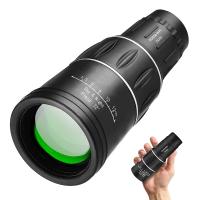




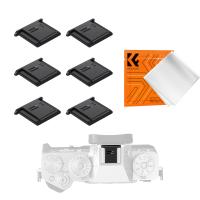
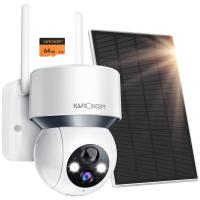
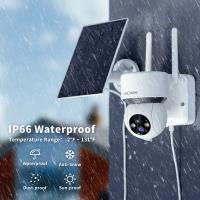

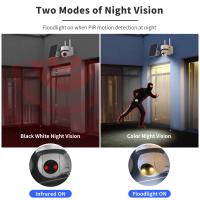
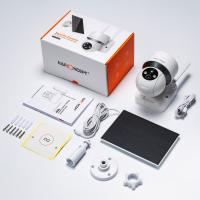
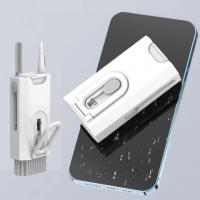


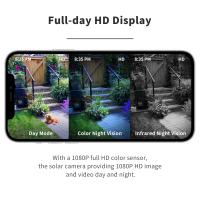
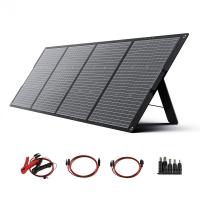
There are no comments for this blog.